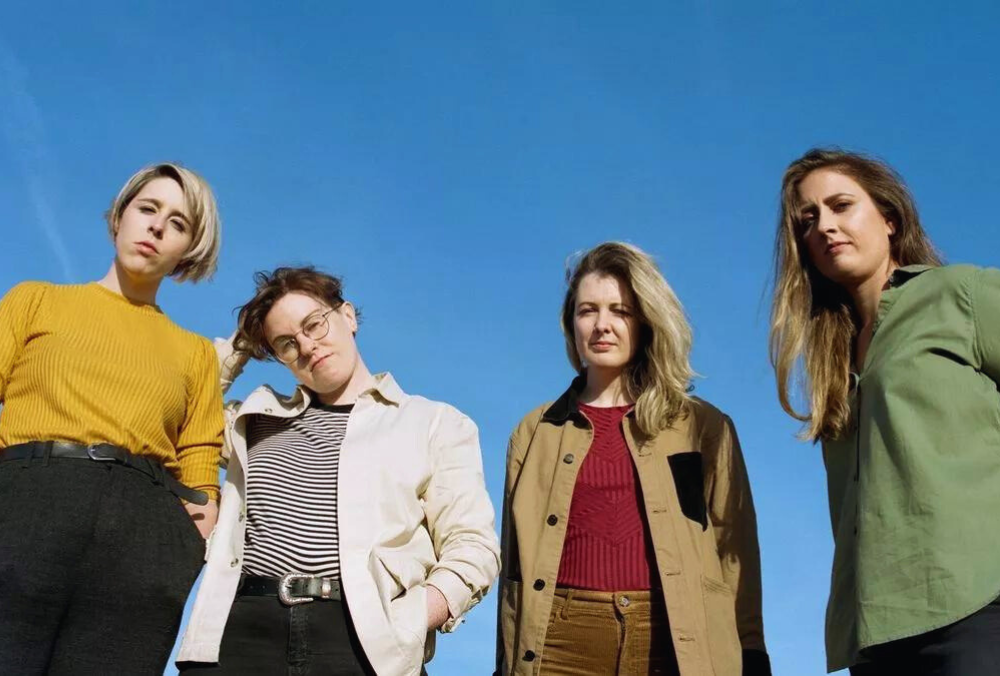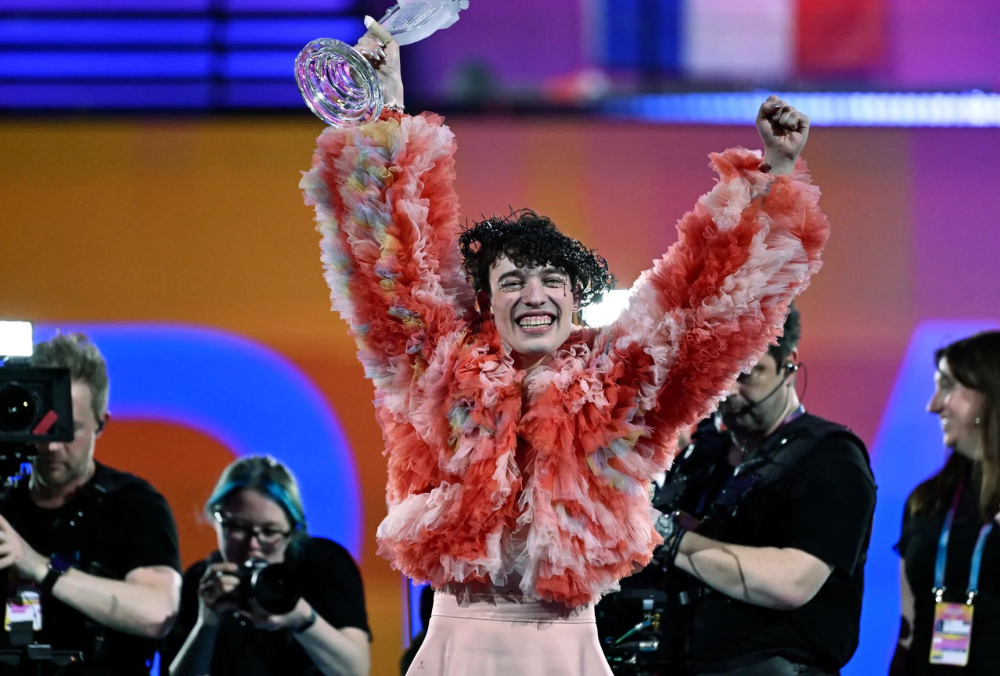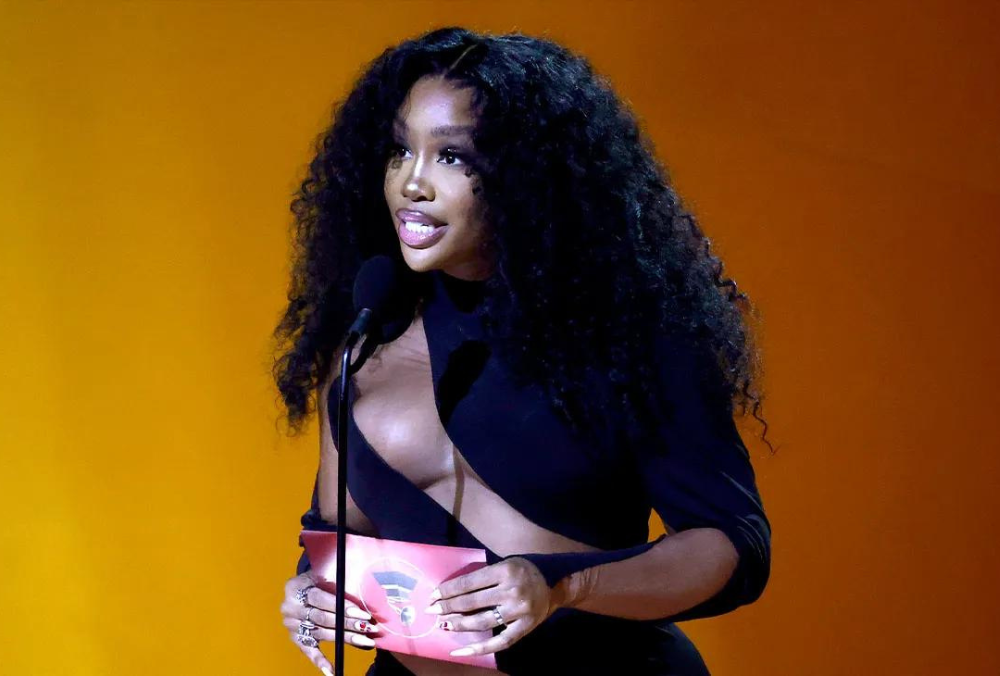
Pillow Queens Lead Boycott of Latitude Festival Over Barclays Sponsorship
Irish rockers Pillow Queens have become the first band to pull out of this year’s Latitude Festival due to the festival’s sponsorship deal with Barclays bank and its ties to the Israeli-Palestinian conflict.
Known for their energetic live shows and socially conscious lyrics, the band announced their decision on social media, highlighting a report by the Palestine Solidarity Campaign (PSC) detailing Barclays’ financial connections to companies supplying weapons used in the region.
“We believe artistic spaces should exist free from the influence of morally questionable investors,” the band stated. “For this reason, we’ve withdrawn from Latitude Festival. Solidarity with Palestine.”
Pillow Queens’ decision follows a similar large-scale boycott of The Great Escape festival in Brighton earlier this month, where over a quarter of the lineup pulled out in protest of Barclays’ sponsorship.
Speaking to a media outlet, independent label Big Scary Monsters founder Kevin Douch, who supported The Great Escape boycott, emphasized the power of collective action. “It’s been inspiring to see so many artists stand together. Hopefully, this will pressure Latitude and Barclays to reconsider their partnership.”
Barclays, previously approached by the media regarding The Great Escape controversy, has directed inquiries to an online Q&A session planned for their upcoming AGM. In the Q&A, they defend their involvement, claiming they act as facilitators for client-driven transactions and are not actively making investment decisions.
This incident echoes the SXSW Festival controversy in March, where artists like Gruff Rhys and Kneecap boycotted the event due to its connections to the US Army and weapons manufacturers during the Israel-Gaza conflict. SXSW responded by emphasizing their commitment to diverse viewpoints and the historical role of the defense industry in technological advancement.
Meanwhile, Pillow Queens are still set to perform at Glastonbury this year, showcasing their music to a wider audience. Their stance on the Barclays sponsorship highlights the growing influence of artists who leverage their platforms to advocate for social justice.



